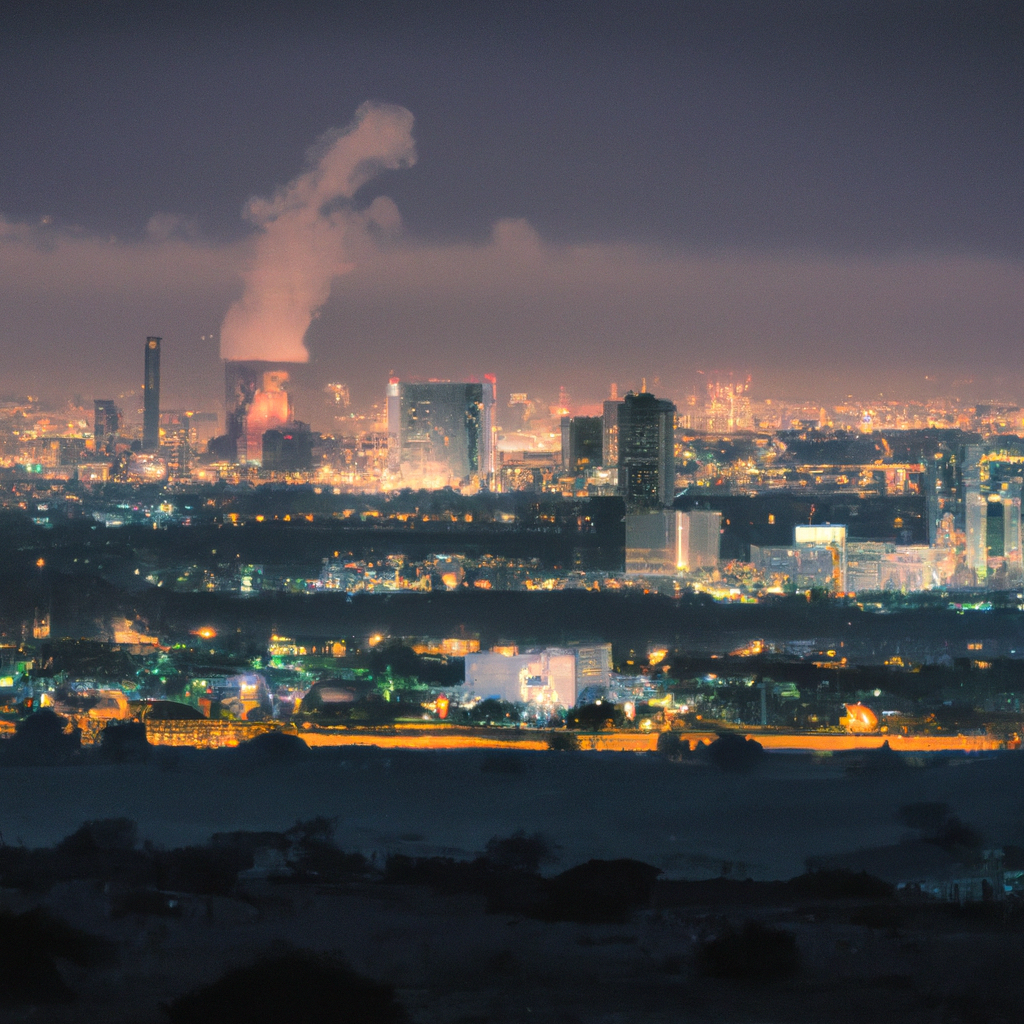The world is gradually moving towards a low-carbon energy future, and developing countries are not left out of this transition. Nuclear energy has been identified as a viable option to meet the increasing energy demands of these countries and mitigate the adverse effects of climate change. However, the use of nuclear energy in developing countries presents unique challenges and opportunities that must be addressed to ensure that it is utilized sustainably. In this article, we will discuss the challenges and opportunities that nuclear energy presents to developing countries.

Nuclear Energy and Sustainable Development
Nuclear energy has the potential to provide reliable, low-carbon electricity to meet the increasing energy demands of developing countries. In addition, nuclear energy has a lower carbon footprint than other conventional energy sources, making it an attractive option for countries seeking to reduce their carbon emissions. However, the use of nuclear energy also presents significant challenges that must be addressed to ensure that it is utilized sustainably.
Challenges of Nuclear Energy in Developing Countries
The use of nuclear energy in developing countries presents unique challenges that must be addressed to ensure that it is utilized sustainably. These challenges include:
Safety Concerns
The safety of nuclear energy is a major concern, particularly in developing countries that may lack the necessary infrastructure and expertise to manage nuclear facilities safely. Developing countries must ensure that they have the necessary safety measures in place to prevent nuclear accidents and mitigate their consequences.
Cost
The cost of building and operating nuclear power plants is high, and developing countries may lack the financial resources to invest in nuclear energy. Developing countries must explore innovative financing mechanisms to make nuclear energy more affordable.
Nuclear Waste Management
The disposal of nuclear waste is a significant challenge, and developing countries must ensure that they have the necessary infrastructure and expertise to manage nuclear waste safely. Developing countries must also explore alternative technologies, such as small modular reactors, that produce less nuclear waste.
Public Perception
The public perception of nuclear energy is often negative, and developing countries must address these concerns to gain public acceptance of nuclear energy. Developing countries must engage with their citizens to educate them on the benefits of nuclear energy and address their concerns about safety and environmental impact.
Opportunities of Nuclear Energy in Developing Countries
The use of nuclear energy in developing countries also presents unique opportunities that can contribute to sustainable development. These opportunities include:
Energy Security
Nuclear energy can provide developing countries with a reliable source of electricity that is not dependent on imported fossil fuels. This can enhance energy security and reduce the vulnerability of these countries to energy price fluctuations.
Economic Development
The development of nuclear energy can create new industries and job opportunities, contributing to economic growth and development. Nuclear energy can also reduce the cost of electricity, making it more affordable for households and businesses.
Climate Change Mitigation
Nuclear energy has a lower carbon footprint than other conventional energy sources, making it an attractive option for countries seeking to reduce their greenhouse gas emissions. Developing countries can use nuclear energy to meet their climate change mitigation targets and contribute to the global effort to combat climate change.
Conclusion
The use of nuclear energy in developing countries presents both challenges and opportunities that must be addressed to ensure that it is utilized sustainably. Developing countries must ensure that they have the necessary safety measures in place to prevent nuclear accidents and mitigate their consequences. They must explore innovative financing mechanisms to make nuclear energy more affordable and alternative technologies that produce less nuclear waste. Developing countries must also engage with their citizens to educate them on the benefits of nuclear energy and address their concerns about safety and environmental impact. By addressing these challenges and embracing these opportunities, developing countries can use nuclear energy to contribute to sustainable development and combat climate change.







